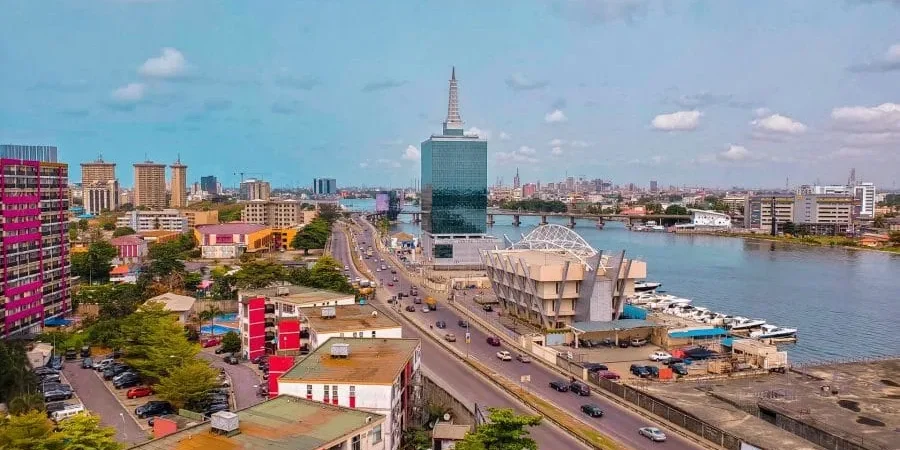Lagos Tenancy Law Simplified: Rights Every Tenant & Landlord Should Know in 2025
Understanding the Lagos Tenancy Law is crucial for both tenants and landlords. As the real estate market in Lagos continues to evolve, so do the regulations that govern rental agreements. The 2025 version of the Lagos Tenancy Law has clarified several key points, protecting both parties involved in a lease agreement. This blog post aims to simplify the law and highlight the most important rights and responsibilities tenants and landlords should be aware of to avoid misunderstandings and legal issues.
Tenant’s Rights Under Lagos Tenancy Law
Tenants have specific rights protected under the Lagos Tenancy Law that ensure they are treated fairly and are not subject to undue hardship. One of the most significant rights is the right to privacy. The law prohibits landlords from entering rented premises without prior notice or without a valid reason. Tenants should be given at least 24 hours’ notice before a landlord can enter, except in the case of an emergency.
Another important right is the right to a written tenancy agreement. A written agreement is essential as it protects both parties by clearly outlining the terms of the lease, the rental amount, the duration of stay, and any penalties for breaking the contract. Without a written agreement, disputes can arise easily, making it difficult for either party to enforce their rights.
Furthermore, tenants are protected from unlawful eviction. The law states that a tenant cannot be forced out of a property without a court order. A landlord must follow due process if they wish to terminate the tenancy, which includes serving a formal notice and obtaining a legal judgment. Tenants should be aware of these protections and never accept eviction without a court order, as this would be illegal.
Landlord’s Rights Under Lagos Tenancy Law
On the flip side, landlords also have clear rights under the Lagos Tenancy Law that help protect their investment. One of the primary rights is the right to timely payment of rent. If tenants fail to pay rent on time, the landlord is entitled to serve a formal notice of default. If the tenant still fails to pay, the landlord can initiate legal proceedings to reclaim possession of the property.
Landlords also have the right to access the property under certain conditions. While tenants have the right to privacy, landlords can enter the premises for essential inspections or repairs, provided they give the tenant adequate notice. However, the law requires that these visits must not be excessive or intrusive.
Moreover, landlords are entitled to receive compensation for damages caused by tenants. If a tenant damages the property, the landlord has the right to claim compensation for repairs and replacements, as agreed upon in the tenancy contract. These protections help ensure that landlords are not left with undue financial loss due to neglect or carelessness by tenants.
Rental Payment and Deposit Guidelines
A key aspect of the Lagos Tenancy Law is its regulation of rent and deposit payments. The law limits the amount of rent a landlord can demand upfront. For a year-long tenancy, a landlord can only request one year’s rent in advance, while for a two-year lease, a maximum of two years’ rent is allowed. This is to ensure fairness, as demanding more than this amount is illegal.
Additionally, the law regulates the security deposit that tenants must pay. Landlords are allowed to charge a security deposit, which cannot exceed one year’s rent. This deposit serves as protection for the landlord in case of damage to the property or unpaid rent. However, it must be returned to the tenant at the end of the lease term, minus any legitimate deductions for repairs or outstanding rent.
Renewing and Ending a Lease Agreement
The law also clearly outlines the process for renewing or ending a lease. If either party wishes to terminate the agreement, they must give the other party sufficient notice, typically 6 months for yearly contracts. Tenants should be aware that if they fail to provide notice, they could be liable for paying rent for the remaining months of the agreement.
If a landlord wishes to increase the rent, they must give at least 6 months’ notice, and this increase must be reasonable, based on the prevailing market rates in the area. A sudden, unreasonable rent hike could lead to legal disputes, so both parties should always ensure any rent adjustments are communicated in advance.
Conclusion
The Lagos Tenancy Law of 2025 provides clarity and protection for both tenants and landlords. It is essential for anyone involved in a rental agreement to fully understand their rights and responsibilities to avoid disputes and ensure a smooth tenancy. Whether you are a tenant or landlord, always ensure your agreements are clear, and when in doubt, seek legal advice to understand your position.
This knowledge not only ensures your rights are protected but also helps maintain a balanced and fair rental market in Lagos. Real estate investments are more secure when tenants and landlords alike understand and respect the laws governing them.

